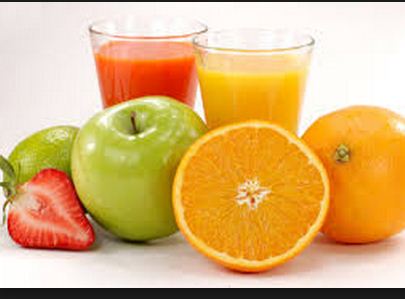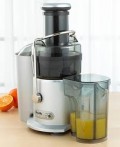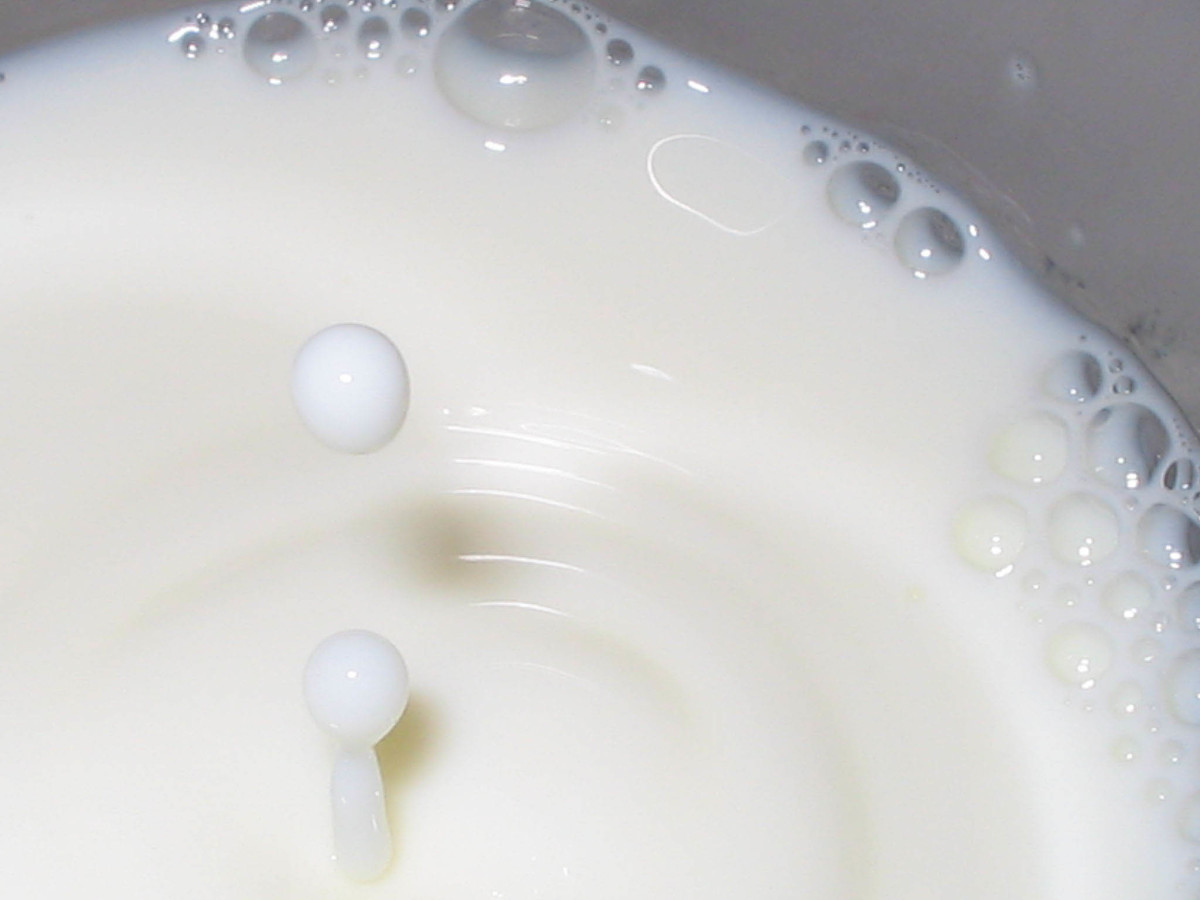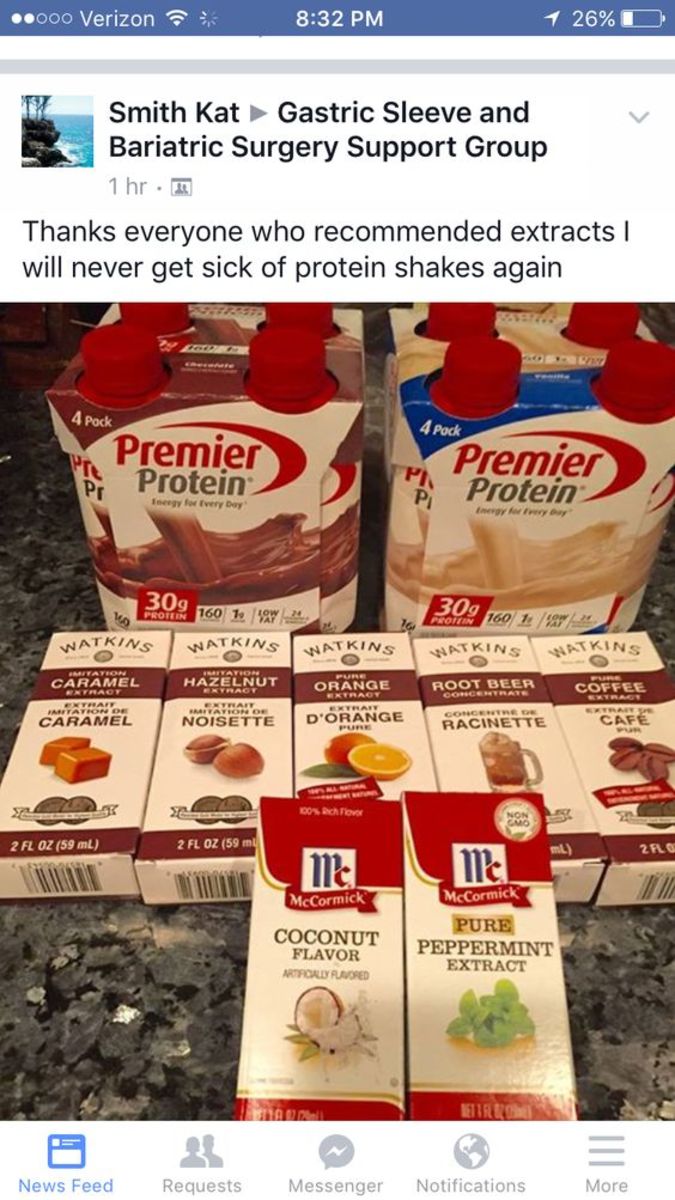Understanding Different Types of Juicers, Their Advantages and Disadvantages

Different Types of Juicers
Juicers are used to separate the juice from fruits or vegetables' pulp. There are numerous brands and names out there in the market today. They can all be classified according to the mechanical methods they use. Basically, there are 4 types of juicers:
- Centrifugal,
- Reamers,
- Masticating and
- Triturating juicers.
Though different, they share the common goal of extracting the nutrition from the produce (fruits and vegetables). When you search for them on the net, you'll get many options. Here is a review of the types and how they work, their merits and demerits. I believe after going through them, you'll be able to make a concrete and well founded decision.
Centrifugal Juicers
These juicers use a flat cutting blade with very sharp triangular protrusions to cut up the fruits and vegetables. They then spin the shredded up products to extract the juice from the pulp. It's pretty much how your washing machine spins your wet clothes to dry them. It's a simple, fast mechanism. What, then, are the pros and cons of centrifugal juicers?
Advantages and Disadvantages of Centrifugal Juicers
The Plus Side
First, of course, is the speed. They have very high spinning speeds to extract the juice. In addition, they usually have a big mouth, so you don't have to first cut up your fruits and vegetables. This is very handy and convenient, especially if you’re making juice for a lot of people or are looking to grab that quick to-go drink before work. Some centrifugal juicers have pulp ejectors that automatically remove pulp when it fills the strainer.
Centrifugal juicers are very popular and available in very many department stores. They come in different varieties and prices, so you can choose which one is best suited for your taste and budget. Furthermore, the centrifugal process separates the juice from any pesticides that may be on your fruits and vegetables.
Centrifugal juicers are very user-friendly. Anyone can use them, even beginners at juicing. They are also easily washable. The components are easy to separate and you can toss most of them into your dishwasher. Alternatively, you can clean them yourself as it is not much of a task-it’s quick and fast.
The Downside
With great speed comes great noise. Centrifugal noises can kick up quite the noise. This is as the high cutting and spin speeds increase friction which adds to the vibration thus causing a lot of noise.
In addition, the high spin speeds prevents the centrifugal juicers from extracting all the juice from the pulp. The juice may also come with some foam, but most people don't mind this.
Reamers
Reamers are specially designed to make it easy to extract juice from citrus fruits. (That's why people usually refer to them as citrus reamers). How do they work?
The reamer’s design is simple. A cone with ridges attached to a handle. How do you use it? You halve the fruit and insert the cone in it. Then you either rotate the fruit or reamer, pressing or grinding the ridges and the fruit.
Advantages and Disadvantages of Reamers
The Merits
They can be used on citrus fruits of all types, shapes and sizes and are extremely useful to people who work with citrus fruits a lot.
Reamers extract ALL the juice from the fruits.
Your comfort when handling the reamers depends on which type you use. First there are the electric and manual reamers. They are either wood or plastic. The ridges of the wood ones rarely get deformed while the plastic ones often have soft handles for your comfort as a user. You can run them through your dishwasher and when it comes to storage, reamers take up less space in comparison to other juicers.
The Demerits
The primary disadvantage of reamers is especially seen in the manual ones. Doing the juicing by hand may take time, and it'll be a hustle if you need a large amount of juice for a lot of people.
Another disadvantage is that reamers are limited to usage on citrus fruits.
Masticating Juicers
To masticate basically means to chew and grind to a pulp. So how do these juicers work?
The masticating juicer has an auger or a roller. It shreds the produce into small pieces and squeezes the juice from them. It uses gears instead of a rotating motor, operating at speeds averaging 100RPM. Then it separates the juice from the pulp. How? You can say the gears chew up the pulp. This extracts the juice from them.
Advantages and Disadvantages of Masticating Juicers
The Pros
Masticating juicers extract more juice and nutrients from the produce than centrifugal juicers. As they work slower, they produce less heat and thus reduce wear and tear. The juice they make also has less foam.
Masticating juicers work at slower speeds than centrifugal juicer, so they cause less oxidation to the juice. They can also handle larger quantities of product in comparison. Unlike the Centrifugal juicers and the reamers, masticating juicers can process wheatgrass
The cons
Masticating juicers are slower than the centrifugal counterparts.
The price of masticating juicers is of particular concern. Ranging at $250 USD or thereabouts, it may be a tall order for some. Speaking of which, these juicers are heavy! 13 lbs for a juicer is no mean fit. But some come with carrying handles to increase their portability.
Triturating Juicers
These come with a double gear mechanism. These high-end juicers are an engineer's pride. They can extract juice from anything even the thickest fruits and toughest vegetables. They work just like the masticating juicers but have a slower motor. By the way, masticating juicers are single gear while the triturating juicers are double gear.
Advantages and Disadvantages of Triturating Juicers
The Pros
They are the most efficient juicers out the today and extract the maximum juice from produce. As such, the juice extracted has is more nutritious and healthy.
These juicers are also versatile and produce less waste. This simply means that they produce dry pulp, with all the juice sucked out of it.
The Cons
With great power comes a great price tag. These juicers are pretty expensive.
The engineering prowess of these juicers make you take quite some time in learning how to use them. The overall juicing time is more when compared to other juicers.
How to Pick the Right Juicer
After understanding the different types of juicers and how they work, you can now make your choice on which is best suited to your situation. There are numerous brands under each of the 4 categories, so you'll be spoilt for choice. However, not all products are as efficient as they claim to be. Before purchasing your unit, make sure that it's from a trusted source. You can check out their consumer reviews, warranties and certifications on quality.
When you make this investment, be sure to get a return of your money's worth.
Feel free to leave any comments or questions in the comments section below and i'll happily get back to you.







